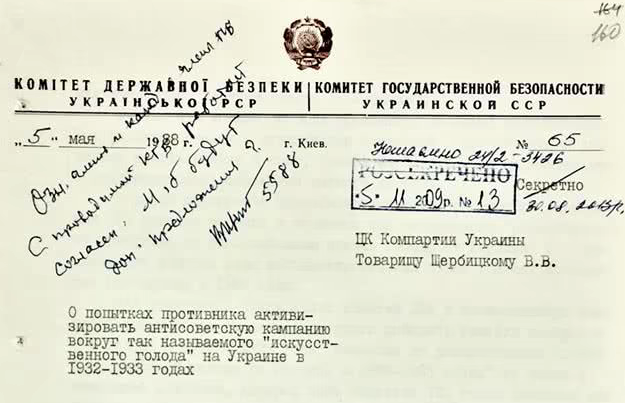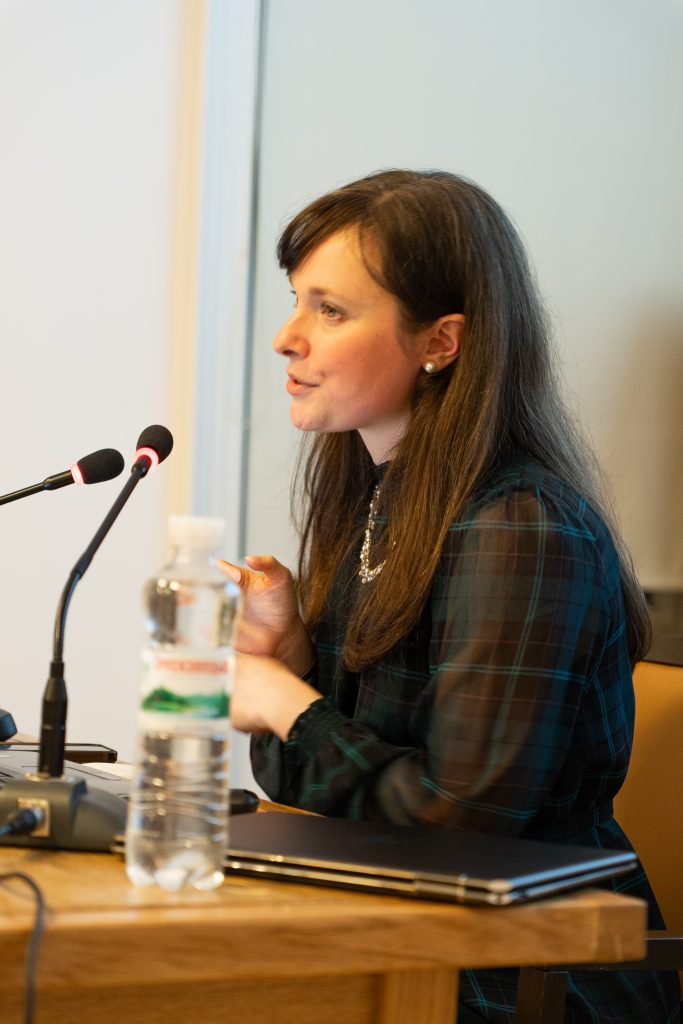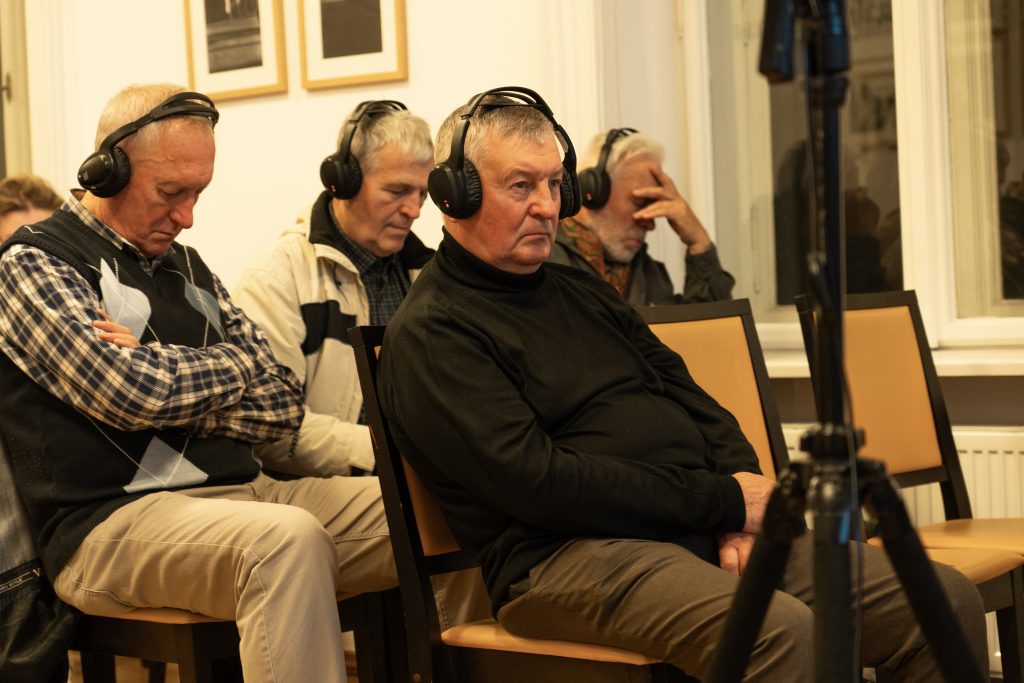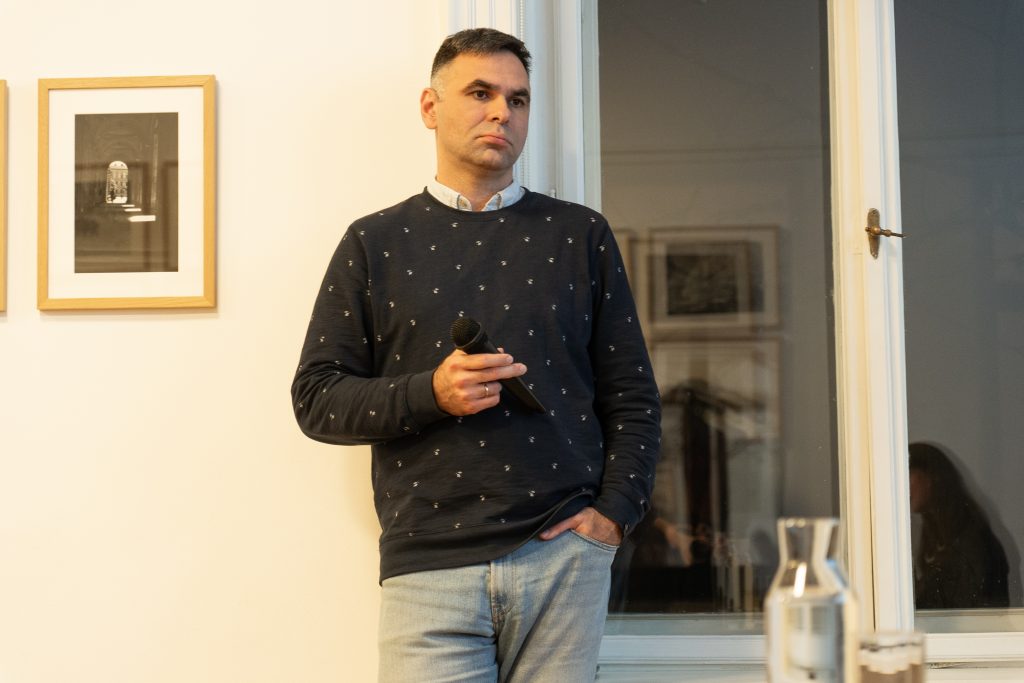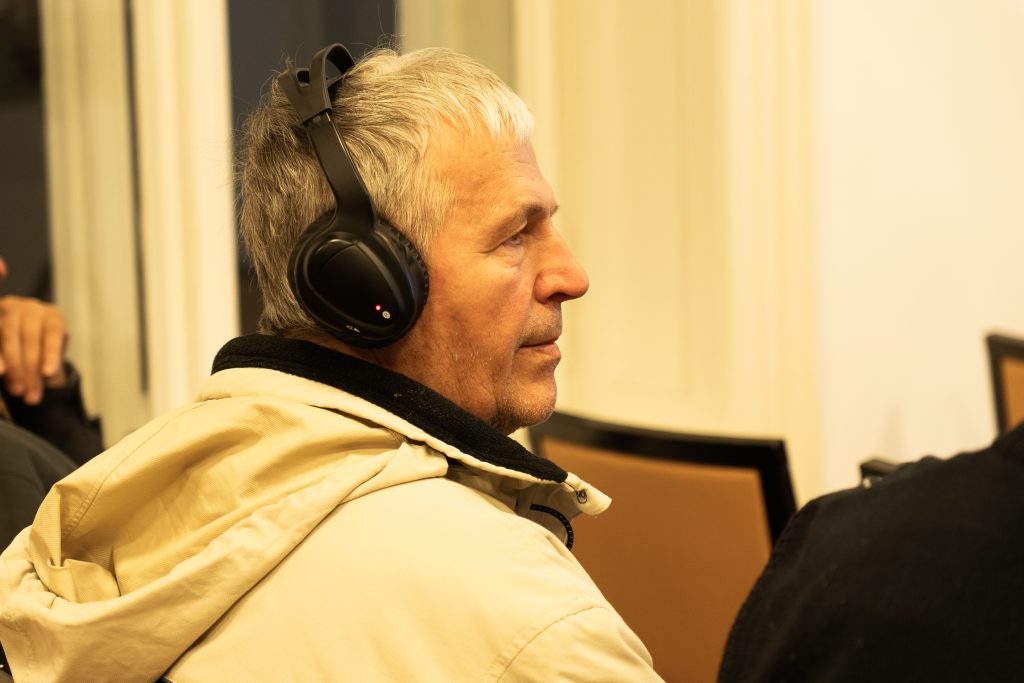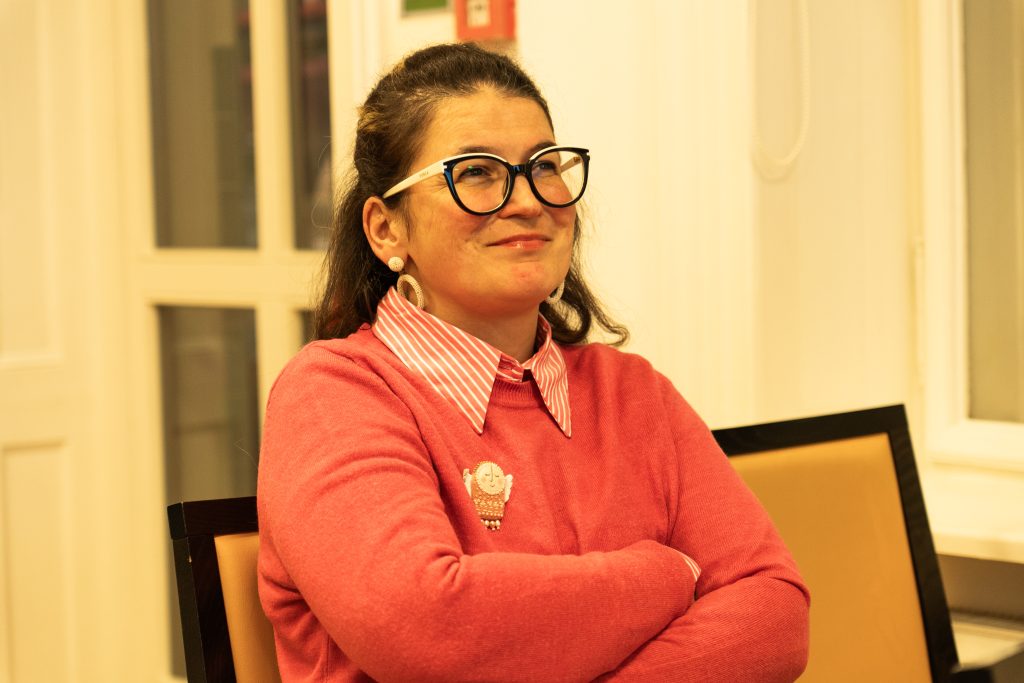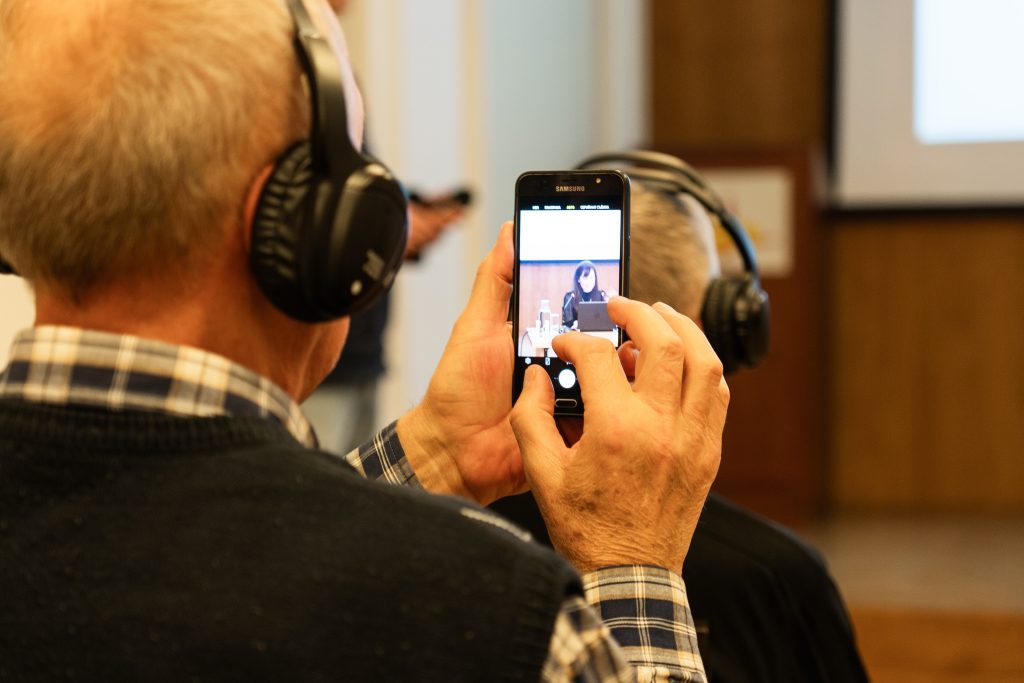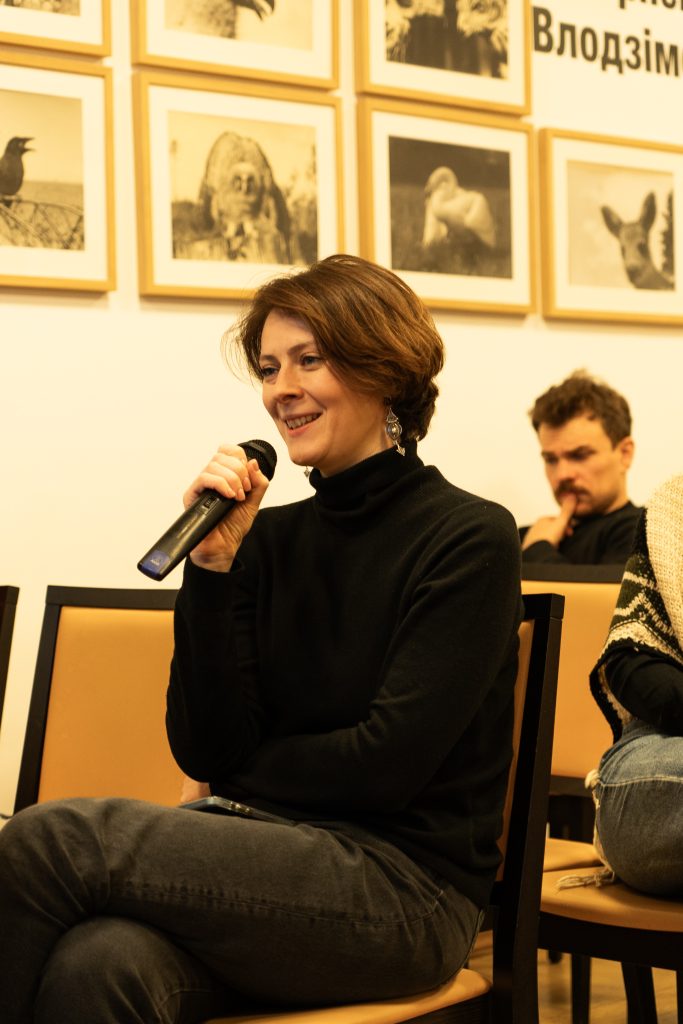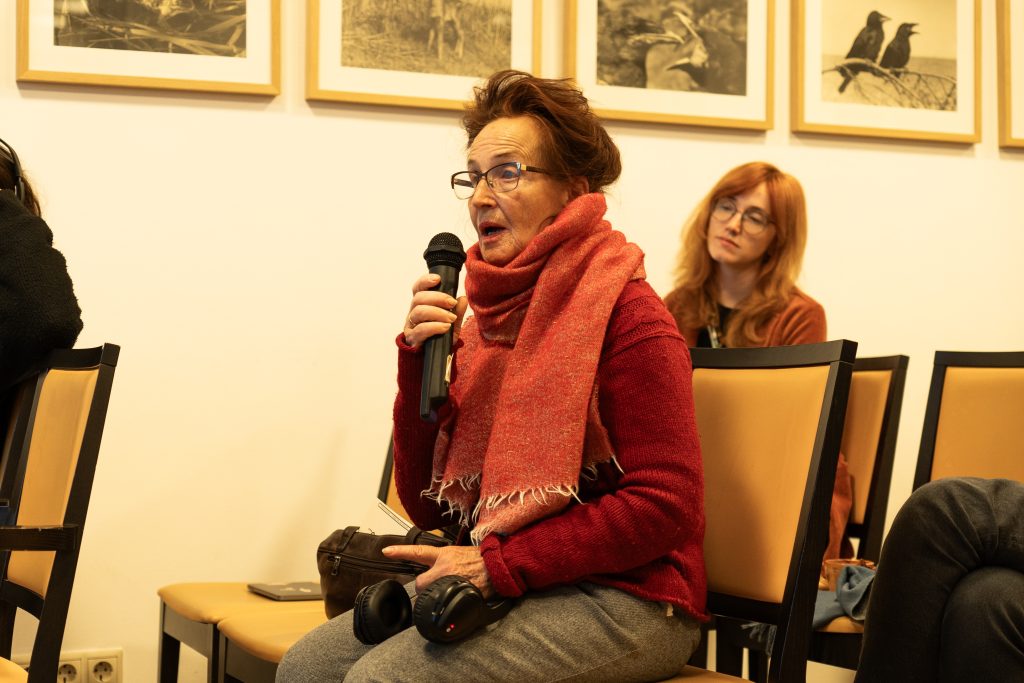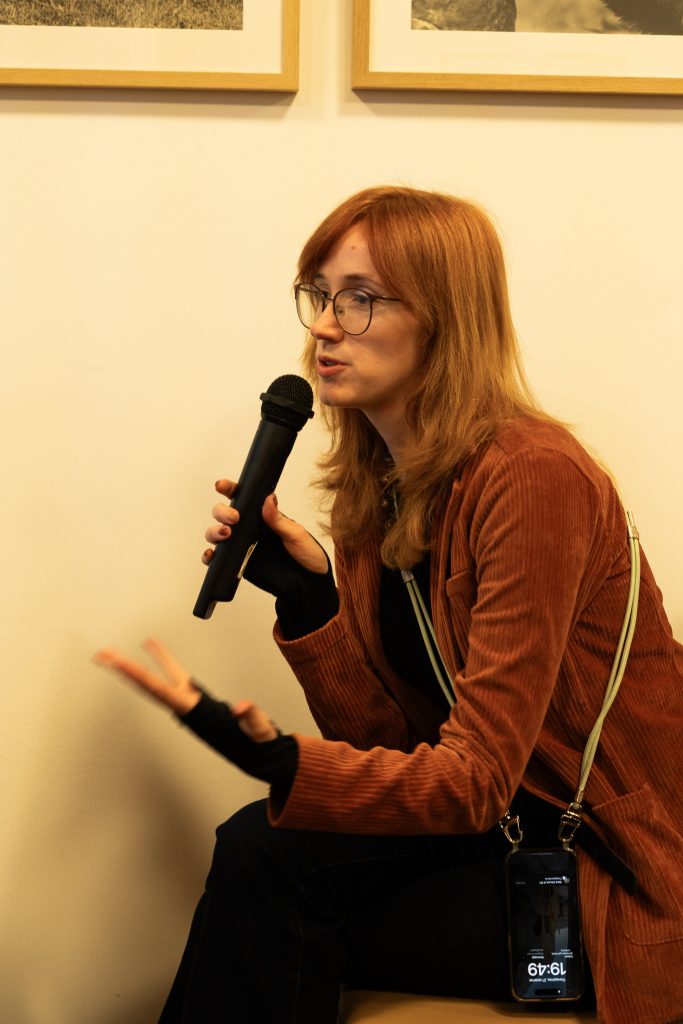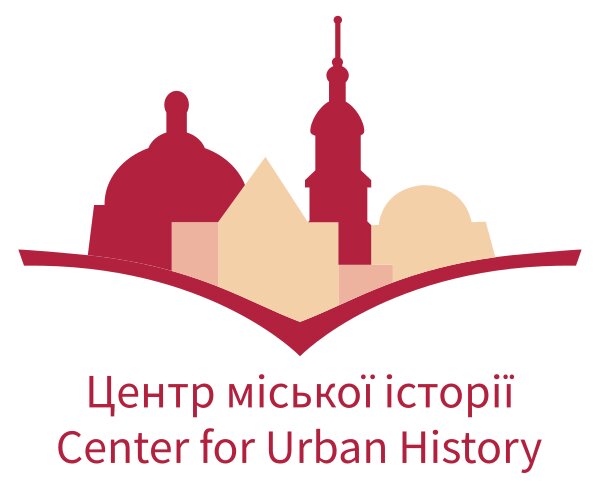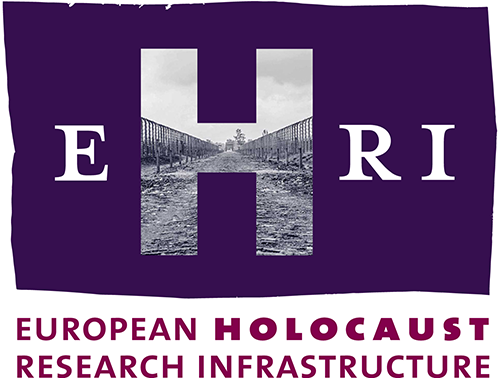Examining "Intentionality" in Archival Sources: A Comparative Genocide Studies Approach to the Ukrainian Holodomor
Dr. Kristina Hook
Kennesaw State University’s School of Conflict Management, Peacebuilding, and Development21.10.2024, 18:30
Conference Room of the Center for Urban History
We invite you to the lecture by Kristina Hook which is part of the program series "Source as a Choice."
"Genocide" is a contested term used by a variety of actors for different purposes, ranging from legal prosecution, oral histories and commemoration, and atrocity prevention policymaking. This talk analyzes the 1932-1933 Ukrainian Holodomor in the context of ongoing debates in comparative genocide studies that are aimed at understanding and responding to complex human behaviors as they unfold.
Current fieldwide debates within genocide studies question how to 1) distinguish genocide from other forms of large-scale violence and 2) how to trace genocides as unfolding processes, rather than isolated events. To avoid unproductive arguments over definitions, some genocide studies methodologies have used number-based thresholds, examining actual and possible fatalities. Able to address some aspects of the genocide puzzle, such methodologies nevertheless are incomplete. In particular, they struggle to incorporate cross-cultural variation, identify key dynamics about violence onset, and to elicit ripe moments for intervention.
During the talk, the lecturer will argue that the Ukrainian Holodomor confirms how historical case studies can inform modern debates, as well as aid ongoing efforts to stop mass atrocities today. In particular, we will discuss social scientific methodologies for inferring intentionality in archival documents, specifically those to and from Joseph Stalin and his inner circle during the Holodomor. In turn, this talk discusses the nature, onset, and prevention of genocide, suggesting how the Holodomor can help to answer urgent questions of how best to understand and stop such violence today.

Dr. Kristina Hook
Kennesaw State University’s School of Conflict Management, Peacebuilding, and DevelopmentAssistant Professor of Conflict Management at Kennesaw State University’s School of Conflict Management, Peacebuilding, and Development. She is an anthropologist and scholar-practitioner specializing in genocides and mass atrocities, Ukrainian identity, and Ukraine-Russia relations. A former Fulbright scholar to Ukraine, she has conducted multiple years of fieldwork across 33 locations in Ukraine since 2015. Kristina’s forthcoming book explores the 1932-1933 Holodomor’s enduring impact on modern Ukrainian society, including how diverse Ukrainian stakeholders interpreted this history against the back-drop of the Russia-Ukraine war, 2014 to present.
The event is co-orginized by the Center for Urban History and INDEX within the public program "Source as a Choice." The program is implemented by the Center in cooperation with EHRI. During the meetings, researchers will share their work with various sources on war and mass violence in the twentieth and twenty-first centuries. The choice to create and preserve sources can be one of the tools for embodying this violence or, on the contrary, for opposing it. Our choice to talk about these events through the prism of certain sources creates a field in which the complex past will live on in the present and future.
Credits
Cover Image: KGB archival document on the silencing of the Holodomor tragedy by the Soviet authorities // Security Service of Ukraine Archive // Security Service of Ukraine
Gallery: Olya Klumyk
